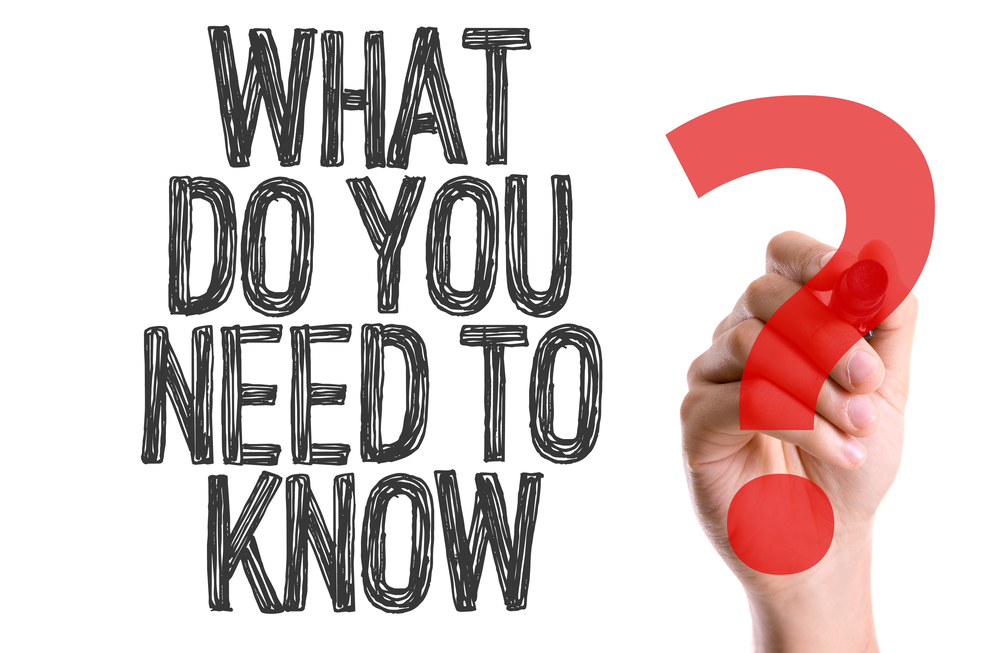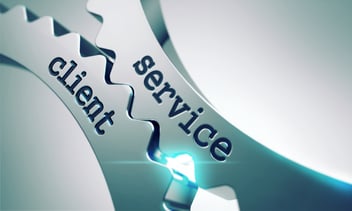There is one thing that sets Inbound Sales apart from all other types of sales known to man.
Inbound sales is all about the buyer and what they presently need, and never about the sales person. In inbound sales, prospects will not have to listen to an elevator sales pitch, at a time when making a purchase is farthest from their mind.
Inbound sales is faithful to the inbound methodology, which teaches us to meet prospects where they are in the buyer’s journey. The last phase of an inbound sales strategy is called the Advise Phase. In this phase, all effort will be met with a judgment. In the three earlier phases of your inbound sales strategy, your prospects are probably still at the awareness or consideration stage, but in the advise phase of inbound sales strategy, they are already at the verge of making a decision.
With the inbound methodology as your guide, it will occur to you that in the advise phase of inbound sales strategy, you basically advise to close.
In this article, we will reveal how advising can close more business than any elaborate elevator pitch you can come up with.
Read on and find out how!
Stepping On the Gas: Advise Phase of Inbound Sales Strategy
The advise phase of inbound sales strategy is the last and final phase of an inbound sales process. By this time, you will have already identified your leads, qualified them, and saw an opportunity for a sale.
However, before you get on with advising your leads, it is imperative that you have done a thorough job at identifying qualified leads from those who are not, connecting with these qualified leads to get a better gauge of their circumstances and most pressing needs, and exploring how exactly you can help them.
The advise phase of inbound sales strategy is crunch time! Although, it matters that you got it right in the preceding phases. You see, the entire inbound methodology being the prime mover behind your sales process builds you up in the eyes of your possible buyers. You can trust that when the time comes they’re ready to make a purchase, they will surely pick your brand from a pool of other options (provided of course that your product can indeed resolve their particular pain-points).
You’d be surprised how advising can close more business than all other sales tactics combined. But being able to advise to close more deals requires that you have forged a connection deep enough that your leads now consider you as a reliable source and that you have explored a great deal of their challenges with the use of the CGP, TCI, and BA frameworks that you can truly say you understand their circumstance.
This is how advising can close more business– when you truly know your leads and can therefore come up with a clear and sensible path that they can follow to address the challenges they are facing.
Advise to Close: How it’s done
So how exactly is it done? Despite the methods and phases being the same, the advise phase can still be executed differently.
What we can therefore suggest are things that you MUST avoid doing if you wish to execute the pure inbound strategy of “advise to close”.
#1 Avoid the Elevator Pitch
A typical salesman will ride with a company executive in an elevator (although nowadays this can be done everywhere else too) and then promote his company’s products in the attempt to make a sale. This is an ultra traditional sales tactic that most decision-makers in any company have already grown tired of. They barely listen. In an inbound sales strategy, there is no room for an elevator pitch.
All you have to do is provide value to your prospect in every stage of the buyer’s journey. We’re all about helping here. Do not resort to tactics that might seem like you are harassing prospects and invading their private moments, like when they just want to get to the office before the clock strikes eight o’clock.
#2 Avoid Making Leads Sit Through an Entire Presentation Deck
The thing about the Inbound Sales Strategy having four phases is that each phase is vital to the next. Often, in the advise phase of inbound sales strategy, we have a presentation deck prepared for the leads. We do this so we can present the solutions that we have come up with out of all the information that we learned about their challenges during the connect and explore phase.
Normally, if you have a presentation deck of, say, 100 slides, you should know enough about your lead to decide which of the 100 slides he/she needs to see.
This is what we meant when we said that when you have reached the advise phase, you must have done well at extracting relevant pieces of information that might assist you as you craft solutions for your leads.
When meeting leads again for the advise phase, your goal is to advise to close, but do so in a way that does not tire them out and waste their precious time sitting through irrelevant slides.
#3 Avoid Giving Discounts in an Attempt to Get Prospects to Buy
This would only look desperate. You might think that enticing leads with unbelievable discounts is tantamount to giving value, but no. This can even be construed as you not being confident enough in what you have to offer that you have to further lessen your economic value with discounts just so you can land a sale.
In the advise phase of inbound sales strategy, endeavor to help by advising your leads on how to deal with their specific pain-points, and in a subtle way; show (don’t tell) how your product can be the solution they need. However, do not coax them into closing the deal with you at the last minute by giving them hefty discounts.
Inbound sales is all about helping, from the early phases up to the last.
In all of the phases you go through, you’ll see that what really sets inbound sales apart from other sorts of selling is the insistence of inbound salespeople on providing guidance and adding value to prospects and leads, without thought of whether the interaction will eventually result in a sale.
That’s really how advising can close more business, when you take advising as a means to genuinely help and guide leads, and not as a prelude to a sales speech.

 Things You Can Do During the Advise Phase of Inbound Sales Strategy" loading="lazy">
Things You Can Do During the Advise Phase of Inbound Sales Strategy" loading="lazy">


